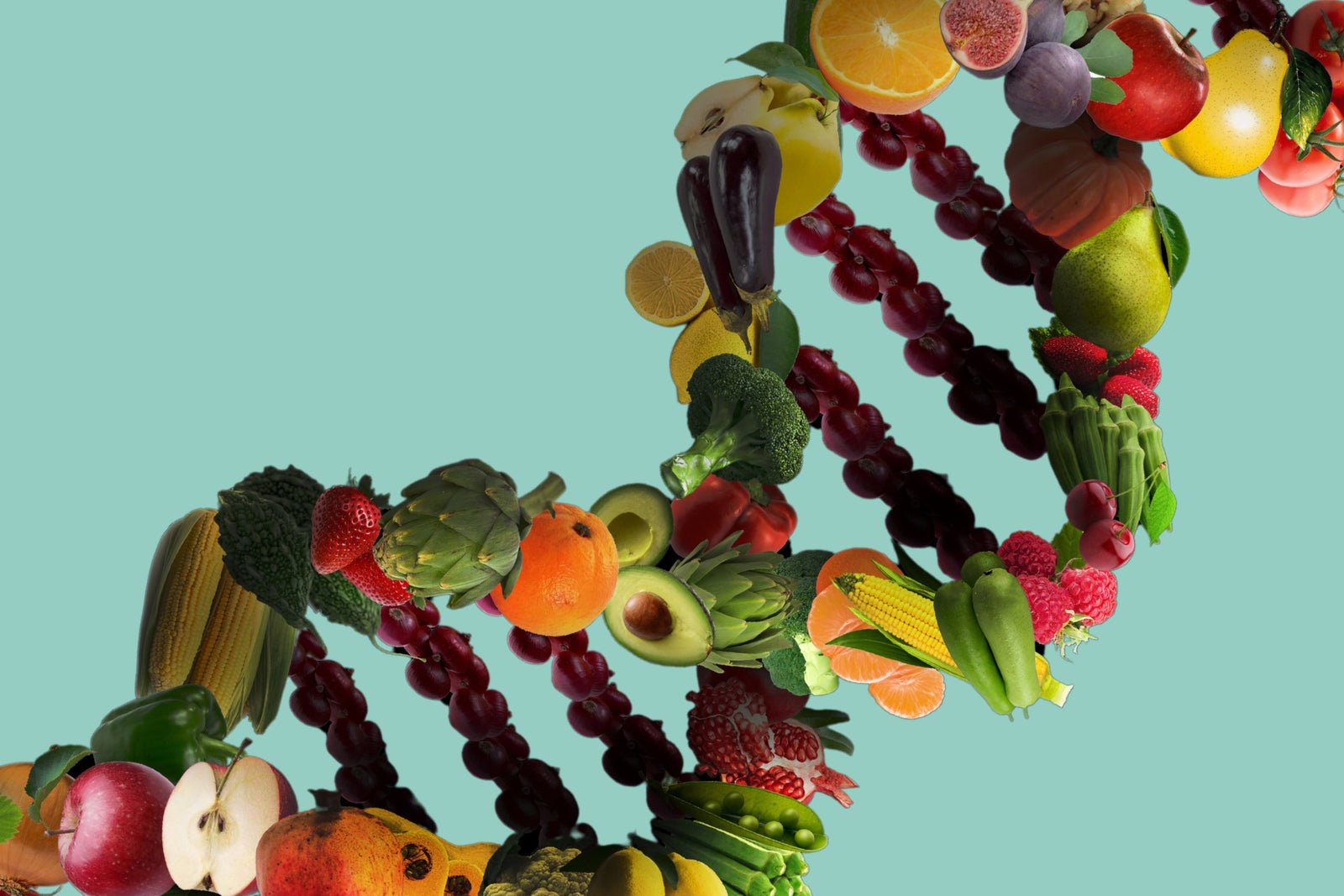NQO1 and Antioxidant Defense: What Your Genotype Means for Cellular Health
Antioxidants protect your cells from damage caused by free radicals. Free radicals are unstable molecules produced by normal metabolism and increased by factors such as pollution, smoking, poor diet, and stress. The NQO1 gene makes an enzyme that helps detoxify harmful compounds and recycle antioxidants like vitamin E and coenzyme Q10. Variations in NQO1 can change how well this enzyme works, which may affect how your body handles oxidative stress.
Why NQO1 Matters
NQO1 supports several important processes:
- Detoxifying reactive quinones and other harmful compounds so they are less damaging to cells.
- Recycling and preserving fat soluble antioxidants such as vitamin E and coenzyme Q10 so they remain effective longer.
- Working with other antioxidant systems to limit damage to tissues such as the brain, heart, liver, and immune system.
When NQO1 activity is reduced, the body may be less efficient at clearing damaging molecules and conserving antioxidants. That can increase sensitivity to environmental stressors like pollution and cigarette smoke, and may place more importance on lifestyle strategies that support antioxidant defenses.
Two effect alleles - GG (rs1800566)
If your genotype is GG, you carry two copies of the effect allele. This genotype is associated with significantly reduced NQO1 enzyme activity. Lower enzyme function may make it harder for your body to detoxify reactive compounds and recycle antioxidants such as coenzyme Q10 and vitamin E. As a result, you may be more vulnerable to oxidative stress from environmental exposures and lifestyle factors.
What to prioritize
- Daily variety of colorful fruits and vegetables to supply a broad mix of antioxidants and polyphenols.
- Include healthy fats like olive oil, avocado, nuts, and fatty fish to help absorb fat soluble antioxidants.
- Polyphenol rich foods such as berries, green tea, cruciferous vegetables, turmeric, and dark chocolate.
- Strictly avoid smoking and limit exposure to pollution and secondhand smoke when possible.
- Manage stress with practices such as mindfulness, yoga, or breathing exercises.
- Regular moderate exercise to support circulation and antioxidant enzyme systems, while avoiding excessive, prolonged intense training without adequate recovery.
- Prioritize quality sleep for cellular repair and immune function.
Supplements to discuss with your healthcare provider
- Vitamin C and vitamin E to support antioxidant capacity.
- Coenzyme Q10 to support cellular energy and be recycled by antioxidant pathways.
- N-acetylcysteine or other supplements that support glutathione, a key intracellular antioxidant.
- Consider routine monitoring of relevant blood tests as recommended by your provider.
One effect allele - AG (rs1800566)
If your genotype is AG, you carry one copy of the effect allele. This is associated with moderately reduced NQO1 activity. Your enzyme likely works less efficiently than in people with two typical copies, so your oxidative stress response may be partially affected. Lifestyle and dietary practices that support antioxidant defenses can help compensate for this modest reduction.
What to prioritize
- Eat a colorful, plant rich diet with plenty of vegetables and fruit each day.
- Include healthy fats to aid absorption of fat soluble antioxidants.
- Favor polyphenol sources such as berries, green tea, herbs and spices, and cruciferous vegetables.
- Avoid smoking and limit environmental toxin exposures when possible.
- Maintain regular exercise, good sleep habits, and stress management routines.
Supplements to discuss with your healthcare provider
- Vitamin C and vitamin E if dietary intake is low.
- Coenzyme Q10 for mitochondrial support and antioxidant recycling.
- N-acetylcysteine or other glutathione supporting compounds when appropriate.
No effect alleles - AA (rs1800566)
If your genotype is AA, you carry two copies of the non effect allele. This indicates typical NQO1 enzyme activity, which supports effective antioxidant defense and detoxification. Your cells are likely better able to convert reactive quinones into less harmful forms and to recycle antioxidants like coenzyme Q10 and vitamin E.
What to prioritize
- Maintain a colorful, nutrient dense diet to preserve your natural antioxidant advantage.
- Include healthy fats to help absorb fat soluble antioxidants.
- Continue regular physical activity, prioritize restorative sleep, and manage stress.
- Avoid smoking to protect your antioxidant systems from unnecessary burden.
Supplement considerations
- Most people with typical NQO1 activity can meet needs through diet, but targeted supplements such as vitamins C and E, coenzyme Q10, or glutathione precursors can be considered with your healthcare provider if you have specific concerns or low dietary intake.
Practical Diet and Lifestyle Tips
- Aim for a variety of colors at each meal to maximize antioxidant and polyphenol intake.
- Include cruciferous vegetables such as broccoli and Brussels sprouts to support detox pathways.
- Prioritize whole foods over processed options to reduce exposure to pro oxidant additives.
- Choose sources of omega 3 fats such as fatty fish, walnuts, or flaxseed to support inflammation balance.
- Stay hydrated and limit excessive alcohol intake, which can increase oxidative load.
- Practice stress reducing activities and aim for 7 to 9 hours of sleep per night for optimal cellular repair.
Blood Tests and Monitoring
Your healthcare provider may recommend blood tests if there are concerns about nutrient status or oxidative stress. Possible tests include vitamin C and vitamin E levels, coenzyme Q10, markers of inflammation, and standard metabolic panels. Testing can help tailor any supplement or lifestyle plan to your individual needs.
Important Disclaimer
PlexusDx provides education about genetic predispositions only. This information does not constitute medical advice. Always consult your healthcare provider before making changes to your diet, starting supplements, or changing medications or treatments. Your provider can interpret these results in the context of your health history, symptoms, and other lab findings.

Share:
Manganese | HFE (rs1800562)
CoQ10 | NQO1 (rs1800566)